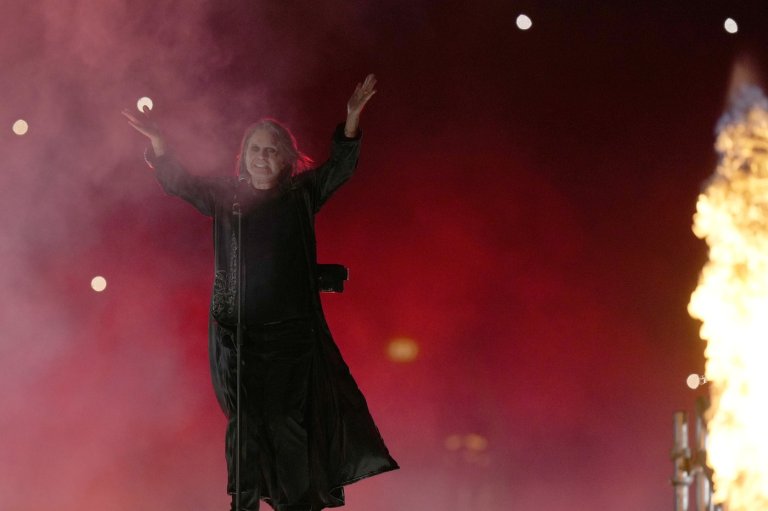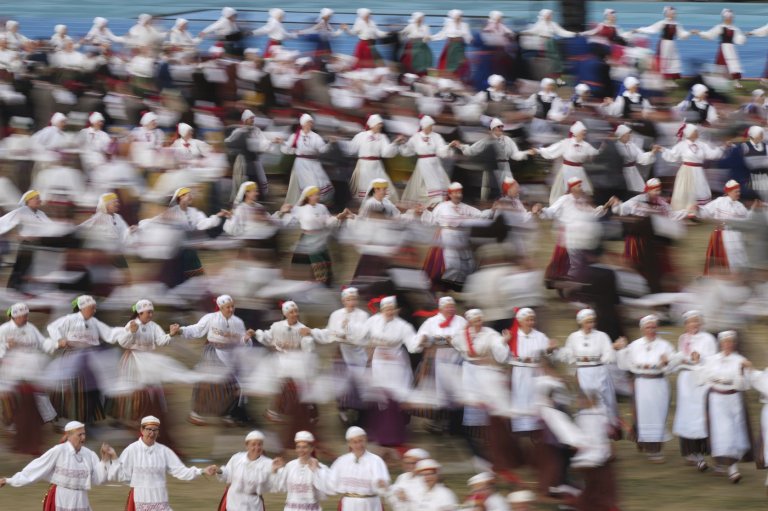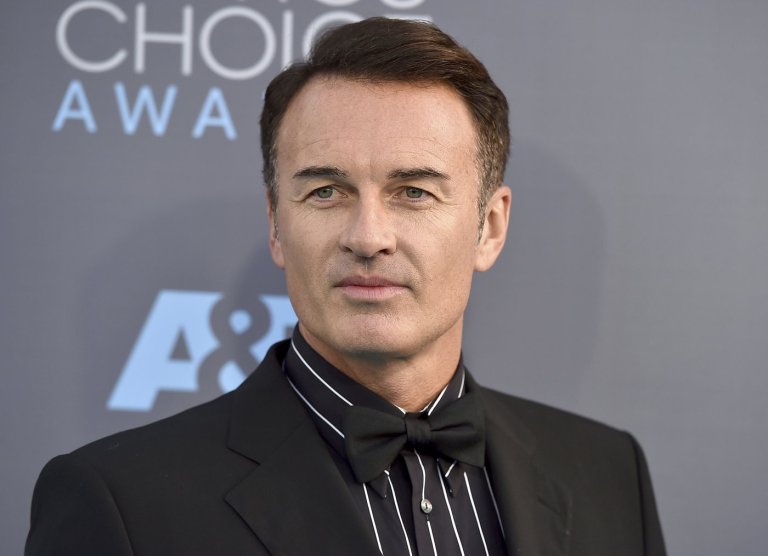Excerpts from the works of Svetlana Alexievich, winner Thursday of the Nobel literature prize
NEW YORK, N.Y. – Excerpts from the works of Svetlana Alexievich, winner Thursday of the Nobel Prize for literature:
___
“It will be naive and maybe criminal simplification to think about Chornobyl in terms of anti-communism only. To think that the blame is exclusively on communists because for them a human life is worth nothing. There is also another simplified explanation of the kind: Stupid Russians are building bad and cheap atomic power stations but our stations are good and reliable. But this is a very simple and very perfunctory way of thinking. If we dig harder and deeper we’ll see that the blow of Chornobyl had our unprepared consciousness as a background.” — from “Voices from Chornobyl.”
___
“All that we know about Woman is best described by the word ‘compassion.’ There are other words, too — sister, wife, friend and, the noblest of all, mother. But isn’t compassion a part of all these concepts, their very substance, their purpose and their ultimate meaning? A woman is the giver of life, she safeguards life, so ‘Woman’ and ‘life’ are synonyms. But during the most terrible war (World War II) of the 20th century a woman had to become a soldier. She not only rescued and bandaged the wounded; she also fired a sniper’s rifle, dropped bombs, blew up bridges, went reconnoitering, and captured prisoners. A woman killed.” — from “War’s Unwomanly Face.”
___
“We may find it difficult to envisage the almost complete ignorance in which the Soviet public was kept about the war (in Afghanistan), at least until the advent of some measure of media freedom — the celebrated glasnost — in the mid-1980s. The information available to ordinary people amounted to a few pat phrases about the ‘limited contingent’ of Soviet troops and the ‘fulfilling of international obligations,’ together with much anti-American propaganda.” — from “Zinky Boys.”
Join the Conversation!
Want to share your thoughts, add context, or connect with others in your community? Create a free account to comment on stories, ask questions, and join meaningful discussions on our new site.













Leave a Reply
You must be logged in to post a comment.